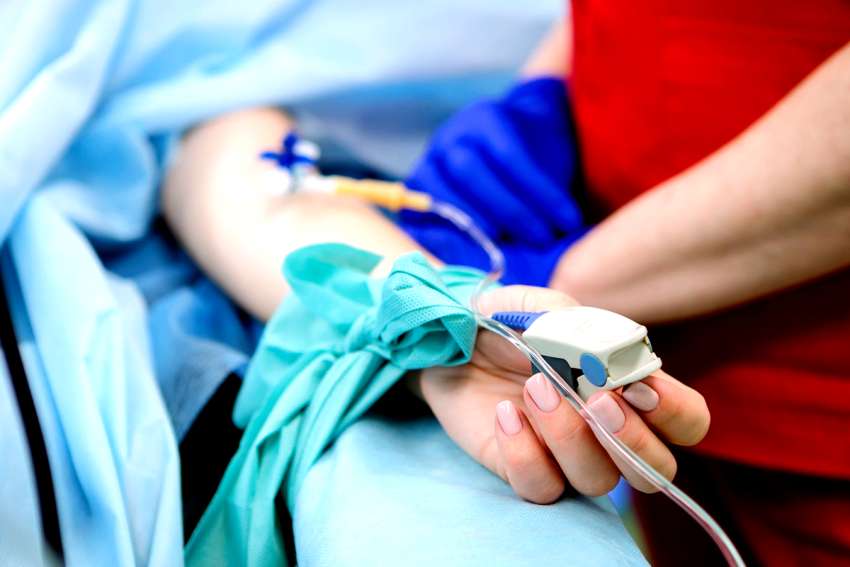These are among the disturbing results of a study published in December in the American Journal of Transplantation.
The study examined the incidence of “organ donation after euthanasia” (ODE) in Canada, the Netherlands, Spain and Belgium up to 2021.
ODE was performed 286 times in those countries, supplying organs to 837 patients. Canada performed 136 of these procedures, almost half of the entire group.
The unprecedented study aims to “advise patients, professionals, and policymakers, aiding the development of responsible guidelines and helping to navigate the issues.”
The study raises several areas of concern, including:
• full, informed consent from patients — particularly those who are unconscious — for organ donation;
• the possibility of influencing or coercing patients to stick with their MAiD decision if the organ donation process is part of “end of life care”; and
• public “misconceptions” that organ donation after euthanasia “is aimed at increasing organ procurement.”
Despite these concerns, the news of Canada being a leader in organ donation after euthanasia was met with great enthusiasm in some quarters.
Arthur Schafer, director of the Centre for Professional and Applied Ethics at the University of Manitoba, told CTV News: “I was rather proud that Canada has done so well in terms of organ donation by MAiD patients,” adding that it’s a “win-win” situation for more than 4,000 Canadians waiting for organ transplants.
“So I say, ‘Good on us.’ It’s a wonderful opportunity for someone facing death to make something significant out of the end of their life,” Schafer said.
A similar sentiment was echoed in publicity surrounding the 2020 case of Michael Neill, a 48-year-old former police officer with Huntington’s disease. After he was euthanized, his lungs were transplanted into a 68-year-old woman with end-stage lung cancer. A subsequent Hospital News article lauded his suicide as “paving an important new avenue to save lives.”
Wow.
We need to realize those requesting medically assisted suicide are a highly vulnerable group. Statistics Canada’s Third annual report on Medical Assistance in Dying in Canada in 2021 found that 35 per cent of those who received MAiD felt they were a burden on family, friends or caregivers, 54.3 per cent reported a loss of dignity, and 17.3 per cent experienced isolation and loneliness.
If such feelings distress don’t already lead a vulnerable person to seek medically assisted suicide, the thought of making “something significant” of death by “saving lives” may be the tipping point for their suicide.
This may already be happening. MAiD cases in Canada grew 32.4 per cent over 2020, resulting in 10,064 MAiD procedures in 2021.
The pressure is on. “There remains an unmet need for lungs on transplant waiting lists,” says a January 2021 study of Neill’s case in the American Journal of Transplantation. “With the legalization of MAiD in Canada and other jurisdictions around the world, organ donation following MAiD represents a potential avenue to help meet this need.”
What was once an unthinkable procedure is now being glorified and elevated to a noble cause, beyond just saving the health care system tons of money or putting an end to immense suffering.
The value we place on human life continues to erode as we fail to respect God’s plan for our lives. We must stop accepting organs from people who choose medically assisted suicide and continue to fight with persistence against the culture of death that the practice of medically assisted suicide embodies.
(Majtenyi is a public relations officer specializing in research at an Ontario university.)


